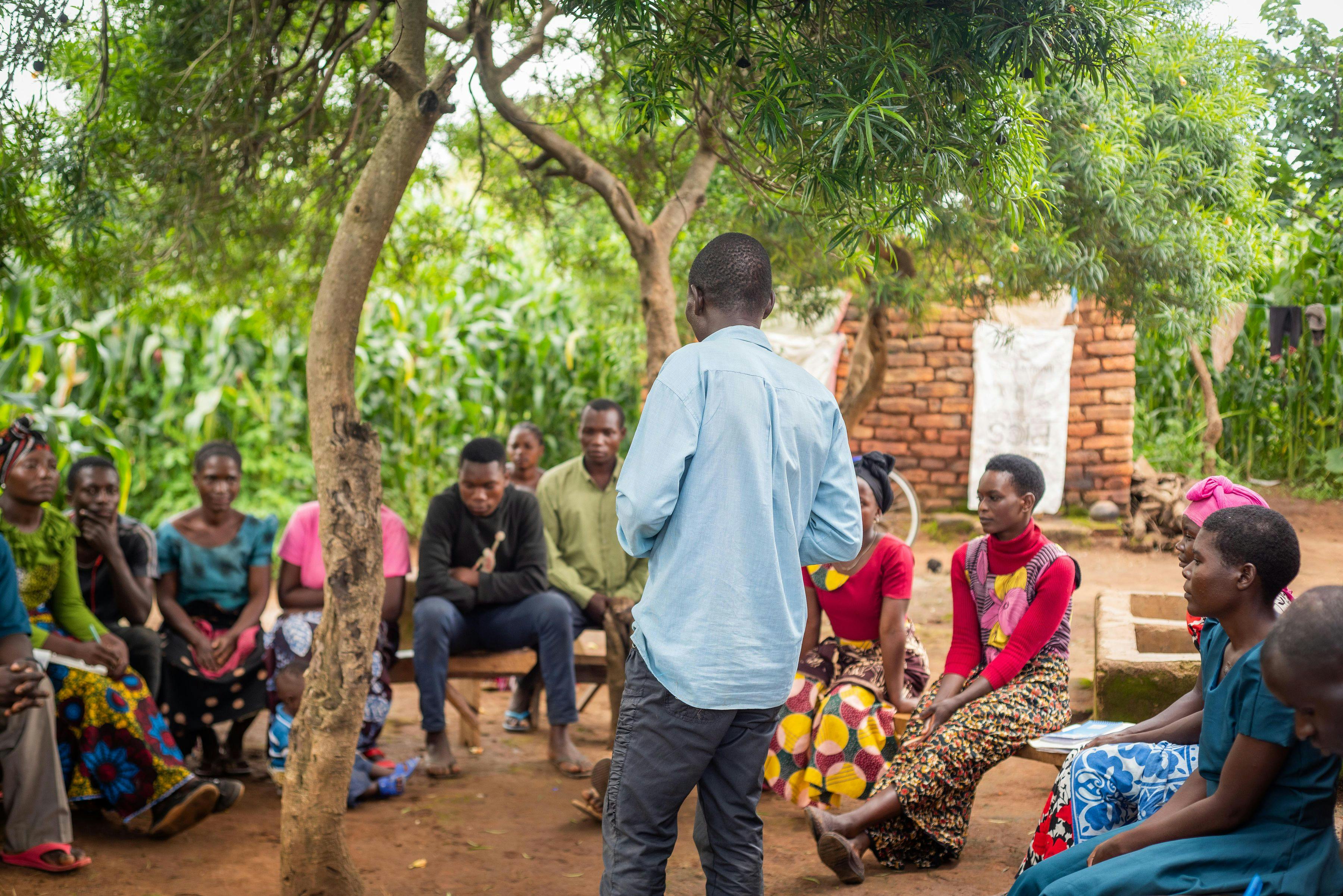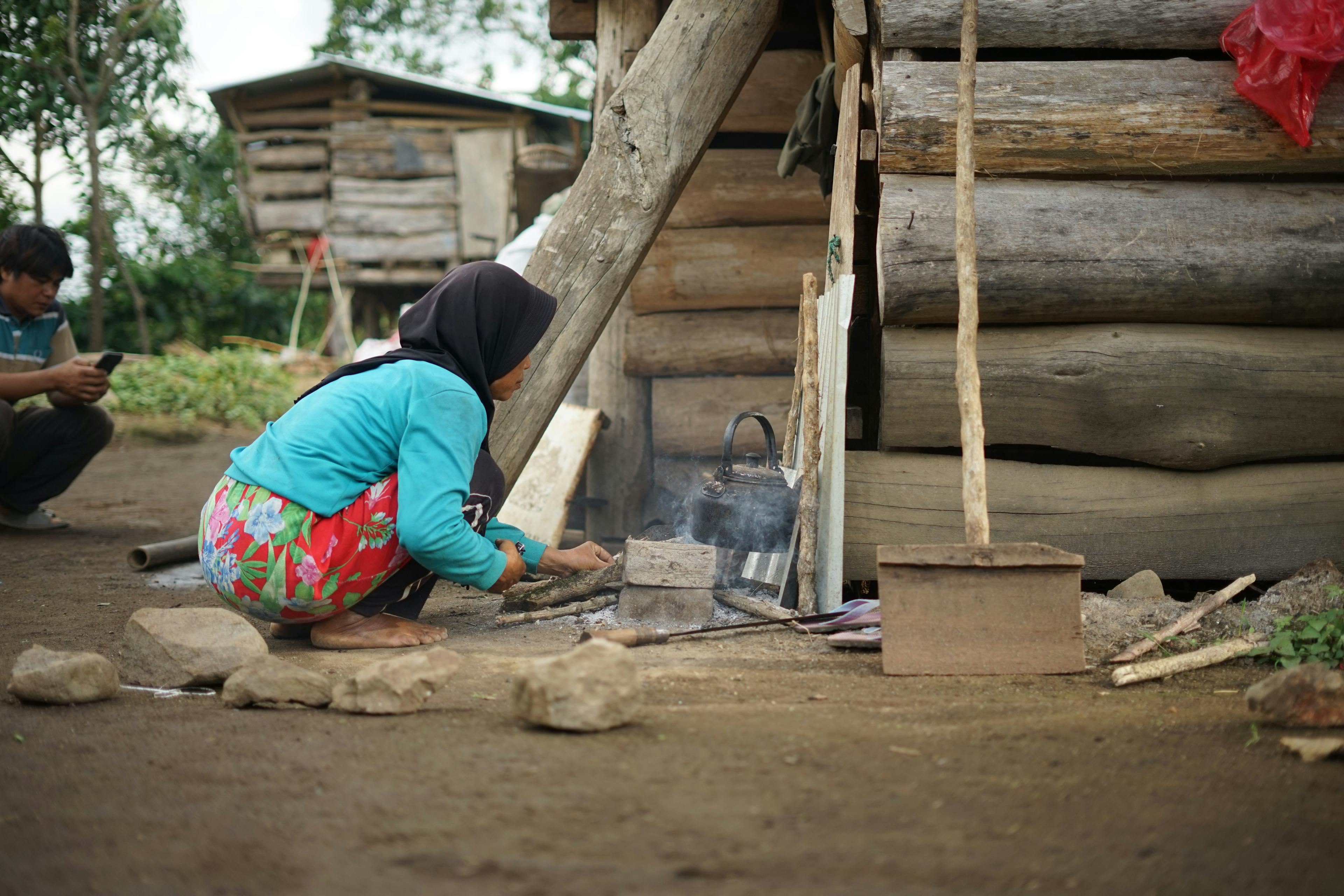
Social Situation
Smallholder families will benefit from diversified production systems and agricultural products that are produced and processed in a sustainable way, protecting natural resources.
The needs of smallholder families
For smallholder families in coffee regions, farming is much more than just an income strategy. For them it is a tradition and something they do with all their passion and heart. But coffee farming does often not feed them and often does not give them, what they need as a family.
At the same time, the coffee industry is concerned that coffee supply could be threatened in the mid to long term. Inefficient extension services, inadequate use of agricultural inputs, exploitation of natural resources and the consequences of climate change might limit the production potential and reduce the area suitable for coffee production. And the young generation is losing interest in farming as they do not see a future for themselves in agriculture and rural living. The negative effects of climate change on coffee production are doing their bit on top.
Focus on the livelihood situation
Despite numerous activities for promoting sustainability in coffee, the sector runs the risk of falling short by focusing on production only and channeling investments to the rather small segment of professional farms and rather well-structured farmer organizations.
The focus needs to shift on the livelihood situation of the 12.4 million smallholder families worldwide growing coffee. It is more than coffee that makes life in rural areas attractive and that secures the living basis for the producer communities in the mid- to long-term. Balanced and diversified production systems generate income, provide food security, reduce risks and are the backbone for rural well-being.
Starting point: The family
At Hanns R. Neumann Stiftung, we look at the farmer families and center our efforts on improving their livelihood situation. Most coffee producers worldwide are smallholder farmers growing the crop on small pieces of land together with their families as part of their family farm. Often unorganized, these farmers are distant from markets and severely constrained in their competitive position.
Our approach combines the promotion of advanced agricultural practices, diversification, appropriate farm and household management, adaptation to climate change, development of member-oriented farmer organizations, gender equality, intergenerational dialogue, and skills enhancement of youth. We support the farming community to advocate for their needs and promote entrepreneurship, respect, and integrity.
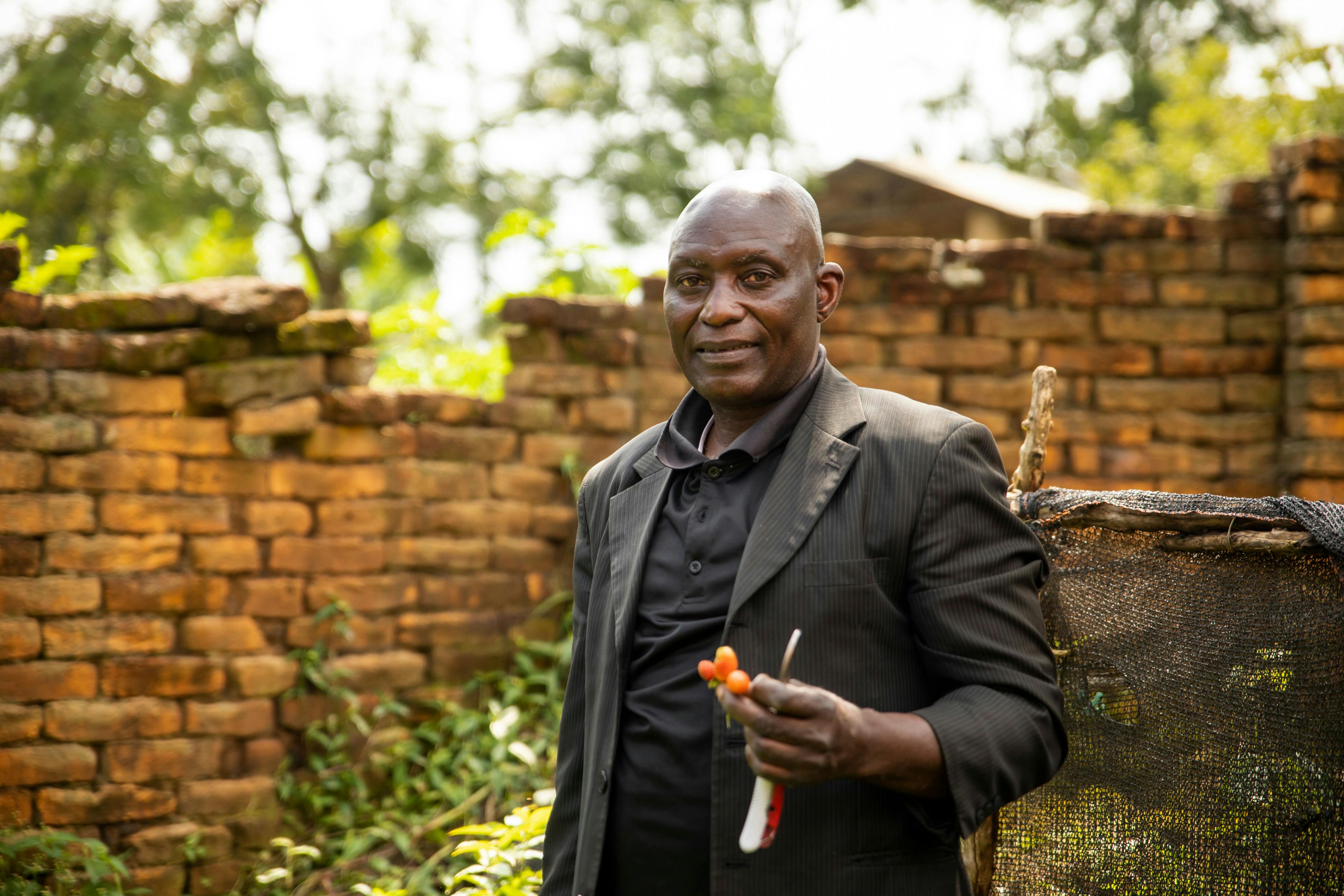
This matter is a chain. We depend on those who drink coffee, but they also depend on us.
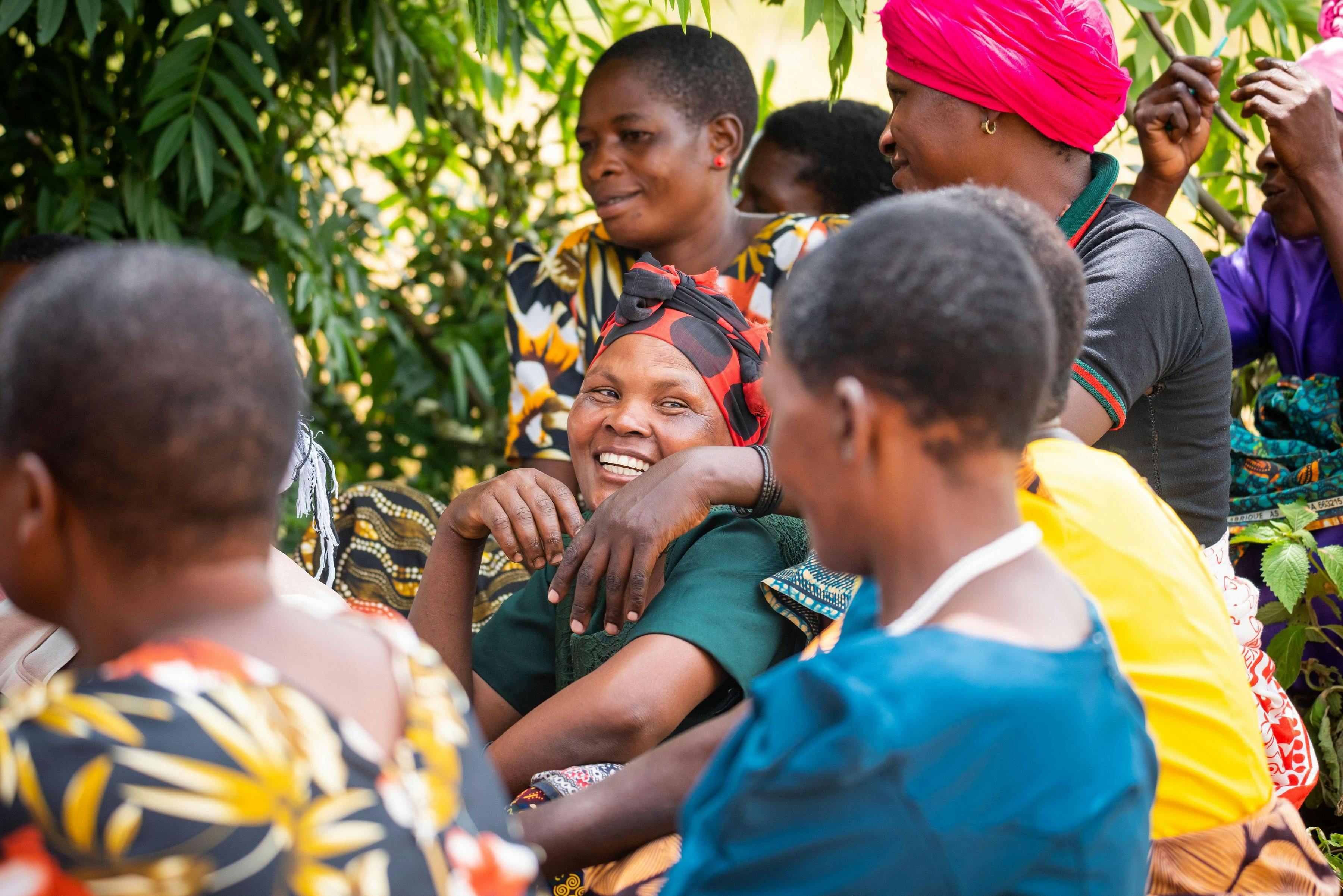
Farmer Organizations
Focus
Efficient farmer organizations are a key element to support coffee smallholder families to prosper. Farmer organizations support farmers in competitive marketing of their coffee but also are an important supporter for farm activities. That could include farmer-to-farmer extension, joint processing and marketing of their produces, access to farm inputs and financial services or advocacy for farmers’ interests.
HRNS accompanies farmers in establishing and strengthening their own organizations. We enable them by developing basic structures, expanding capabilities, registering organizations and becoming well-managed.
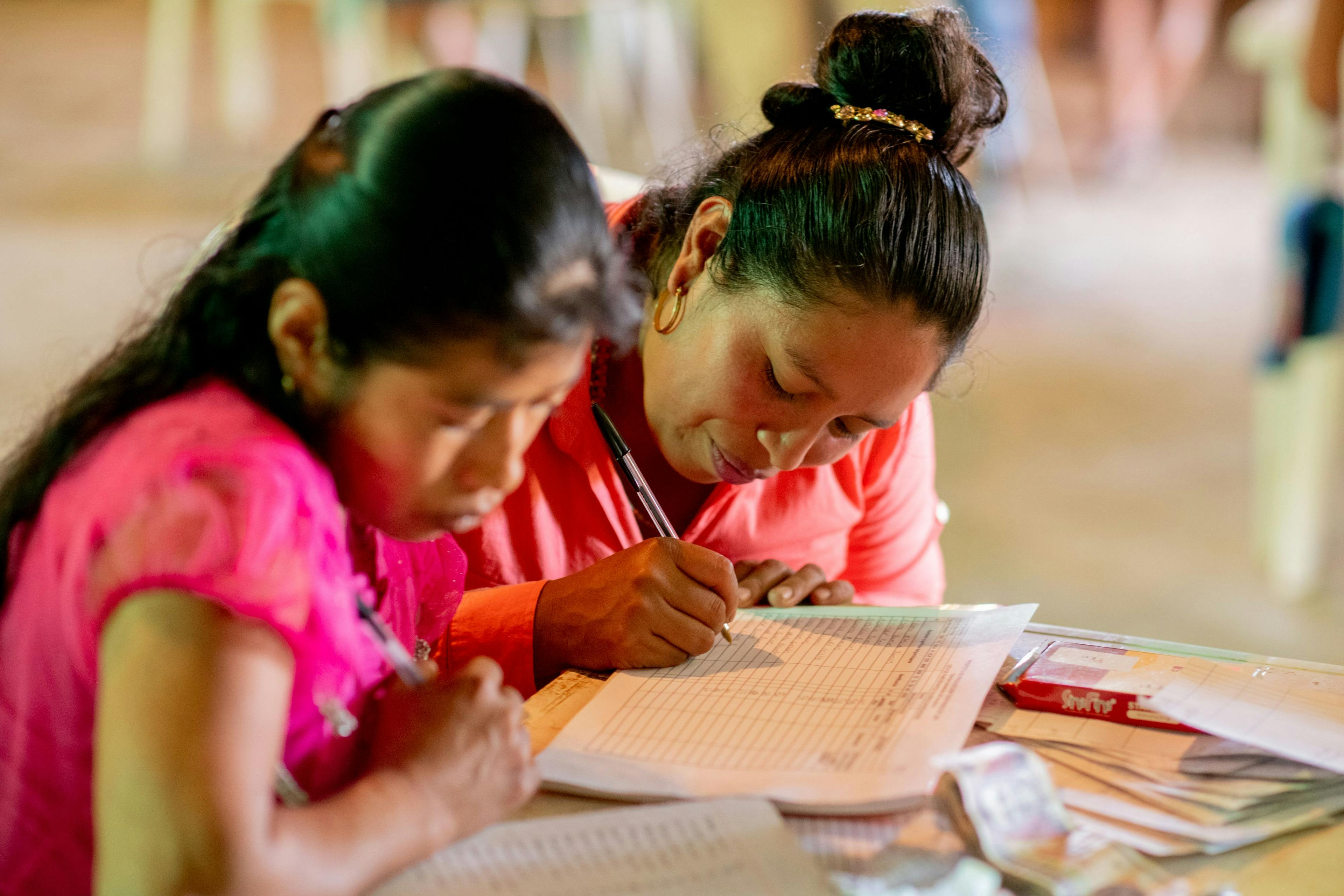
Gender
Focus
Gender equality is key to improve smallholder families’ livelihoods. That’s why it is a mainstream topic in all HRNS activities. Women often do not have a say in developing the families’ business. They are unproportionally affected by the effects of climate change. But they do most of the work - on the farm and in the household. Men take decisions and manage the available money. Often, families do not have a joint vision.
HRNS supports smallholder families to understand the value of gender equality and guides them on their way to a more balanced family life. This includes to distribute household responsibilities equally, share the income from coffee and food crop production, and make decisions as a family so that all family members can benefit – including the next generation of the farmer family.
Empowering women doesn’t stop at the families’ farms doorstep. We mainstream our gender approach in our main activities like training on climate-smart agriculture, women’s roles in farmer organizations and empowering young women.
Impact Facts
Featured Project
Get involved with HRNS
Partnering with Hanns R. Neumann Stiftung means to join hands-on and committed work with smallholder families in coffee regions. It means to be willing to bring change for them. It means to be ready to get involved and work together.
